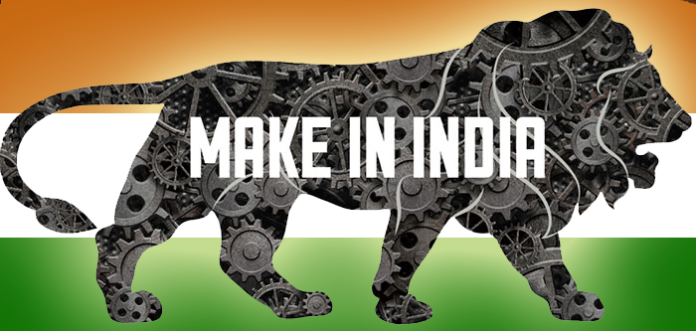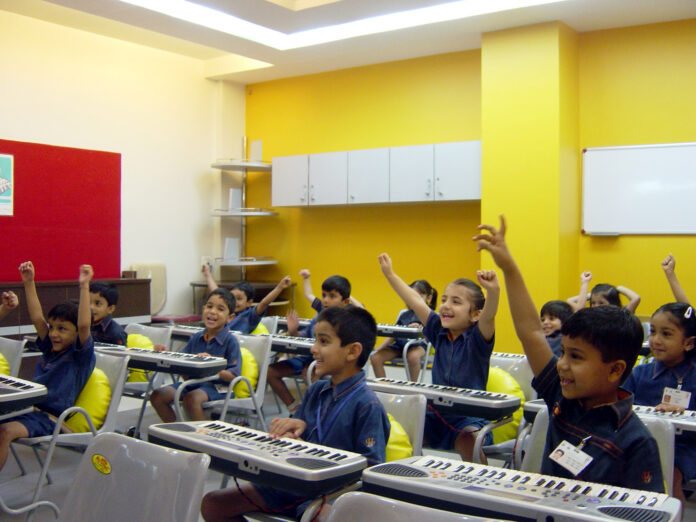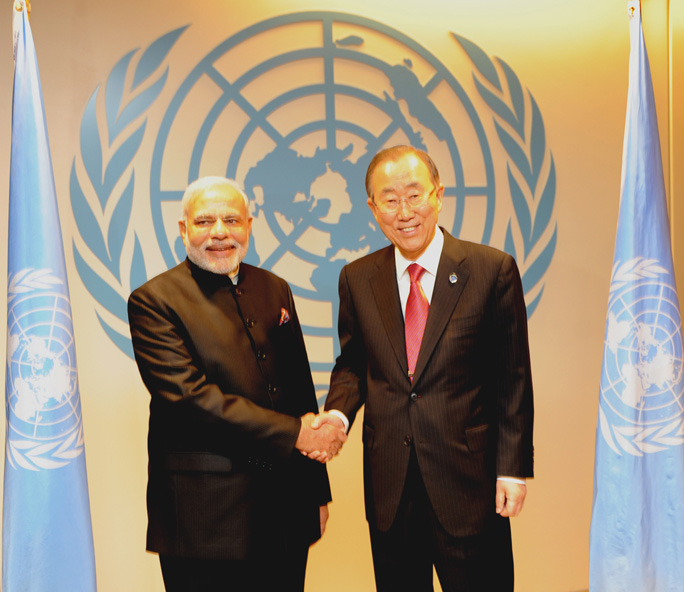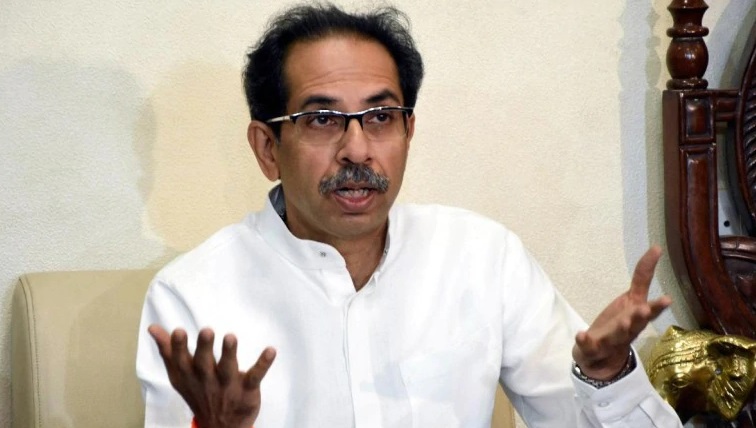As we all are aware, rural development is indeed a complex multidimensional task fraught with challenges and pitfalls. Often many fundamental questions are raised starting with what is meant by development, who is to decide what is good for people, and several issues about sustainability, participation, right course of action, various processes, strategies and approaches to be followed, choices to be made, the doubtful notion of benefactor and beneficiaries, the issues of empowerment, equality, inclusivity and so on. Often the goals seem to be self contradictory in nature; with equally plausible arguments both for and against the proposal. Intended outcome may benefit one group of stakeholders at the expense of another. It is often found that people for whom development is supposedly targeted are themselves not interested in outside ideas or intervention. Sometimes the course adopted are not found to be pro-poor, pro-women or eco-friendly. They may not like the idea of the so-called experts who see it from outside with inadequate understanding of the social, economic and especially cultural perspectives of the local population prescribing actions for their development.
Sometimes we, as the change agents get frustrated as the help, advise or attention sincerely provided is not respected enough by people for whom it is meant, the way things are planned are not appreciated and eventually, projects do not get desired results. Even if some encouraging results are obtained, these are not scaled up, lessons learnt are not integrated back into next project cycle or next set of proposals. Scores of M&E specialists then attempt to analyse the cause, context and consequence in voluminous reports which are often not read. There are examples galore wherein many huge projects of reputed agents of change including international development organisations going this way. At times great success of a particular development model in one pockets fail to register any results in another area. The highly successful Anand model of Dairy Cooperatives in India makes an interesting case in this regard.
One strong point that comes out is to take people in question right into every process concerning the project from the scratch. Because of a variety of reasons such experiments seem to be possible in limited areas with rather homogeneous (socially, economically and politically) and manageable number of people (or community) but large projects may not be able to leverage the full participatory potential and adhere to its underlying philosophy in its entirety and complexity. One of the most profound advice given by Mahatma Gandhi is worthwhile to recall in such situation. “Whenever you are in doubt, or when the self becomes too much with you, apply the following test. Recall the face of the poorest and the weakest man [woman] whom you may have seen, and ask yourself, if the step you contemplate is going to be of any use to him [her]. Will he [she] gain anything by it? Will it restore him [her] to a control over his [her] own life and destiny?
It’s a fact that rural people, especially the poor are affected by a series of inter-connected issues while attempting to make their living. When we have projects that attempt to address people’s problems in one particular area, these may not provide desired benefit to majority people. Evidentlly solving one area does not provide solution to other areas. Let me illustrate. Food security is very important for the poor people as a hungry soul can’t think of anything else. But same is for health; an unhealthy person is incapable of absorbing the food or working to his/her full capacity or take advantage of the MNREGA entitlements. Education is also key to make any sustained change in the lives of the poor associated with knowledge, information and thereby informed decision making through acquiring various life and livelihood skills, improve their communication, and thus feeling a sense of empowerment. If there is no source of meaningful livelihood opportunities for the people nothing will move or change in their lives. Again realise; any development intervention is squarely dependent on the development of basic infrastructure – an omnibus term for roads, school, health facilities, banking, power, telephony, water, housing, processing facilities, industry etc. Top of it, we are also aware of the need for an enabling ecosystem that favours equity, equality, inclusiveness and participation of all sections and segments of the population to translate the stated intention of any proposal into outcome. In short, all-round interventions are indispensable for durable development outcome.
I want to stress the need for the government/s of the day to understand and take due responsibility for the development of its people’s in the form of appropriate policies and action plan concerning several aspects of their lives preferably simultaneously. Say for example nutrition; without proper water and sanitation and hygiene, the attainment of nutritional indices as expected in the MDG goals borders on impracticality. There is significant disconnect between agricultural growth and concomitant improvement in nutrition indices, calling for a serious introspection about what is missing in the whole process. Government should coordinate and plan activities of its various arms to have necessary information and complete coordination about what is happening with their people on hunger, health, environment, food production, markets and prices, calamity, drought or natural resources depletion and so on. As a welfare state it should be concerned about who is hungry, why they are hungry and what steps, short and long term, need to be taken to address their problems in a coordinated manner so as to provide a sustainable support to the most deserving people. And then it must ensure how these action plans are to be carried out with professionalism, honesty, efficiency, equality, inclusivity and sensitivity.
But government has only that much wherewithal, capacity or resources (not only financial but also intellectual, institutional and human) to reach out to all , given the enormity and diversity of our problems. Increasingly its being realised that the private sector has to step in, in a large measure to support such initiatives with a vision and in a manner that match their business interests with the aspiration of the populace. Here comes the role of civil society, non-governmental organizations -being one of the key elements in that segment to support and sustain public initiatives bringing government and people together on the same plane. Local self government organizations such as Panchayati Raj Institutions could play a stellar role in localising the task and choices provided they are well-represented, politically equidistant and positively aware of development challenges. NGOs need to ensure all these elements that affect the interests of people- both immediate and long term- are factored in comprehensibly. They should insist on taking on rural development as a focused intervention of integrating all such inter-linking areas that tend to impede socio-economic development and all-round progress of people. Learning lessons from other players is significant in not doing the same mistake or what they call re-inventing the wheel. Civil societies are expected to bring forth larger grassroots concerns and make government functionaries aware of what should constitute the policy framework. They should also act as watch dog if anything goes wrong or development process strays far from what has been agreed upon and simply against the broad interests of people and the nation.
The role of NGOs is seen as a critical one in taking the most needy people on the path of sustainable development. They must understand community’s need, concerns and capacities and make people aware of what could be endless possibilities. They are meant to communicate prospects and problems of any proposed intervention in a transparent manner and insist that people only to take an informed choice about its acceptance and focused implementation.
Some of the basic strategies for rural development the NGOs should focus is to inform, educate and create awareness about the economy, society, technology and change required in communal thinking. They are at right position to raise their hope and aspirations in the process, guide them organize into purposeful institutions of their own, as a potent tool, help them arrange inputs, finance, technology, management systems, acquire relevant skills, assume monitoring and governance through reliable information sharing and learning opportunities on a continuing basis. They have to motivate people to work increasingly on entrepreneurial mode and focus on scale developments by aggregating compatible small scale economic activities into larger business initiatives to derive fruits of organized marketing. They must understand market, value chain, competition and innovation to survive, sustain and continue on the path of all-round development. In the last, they may be reminded of Abraham Lincoln who once said – you can not help people permanently by doing for them what they could do for themselves.
————————————————————————————————————————
Author’s Profile: Dr. Gopi Ghosh is the Director and Chief of Policy in The Asian Institute of Poverty Alleviation and advisor to Pricewaterhouse Coopers on Agriculture and Livelihoods. He is an expert in International Consultancy, Training, Teaching, Research, and an Advisor for Sustainable Development, Poverty Alleviation, Policy Analysis, Agriculture, Livelihoods, Food Security, Nutrition, Knowledge and Innovation, Facilitation and Communication. He has over 2400 followers on Linkedin & you may connect with him at in.linkedin.com/in/
————————————————————————————————————————






















